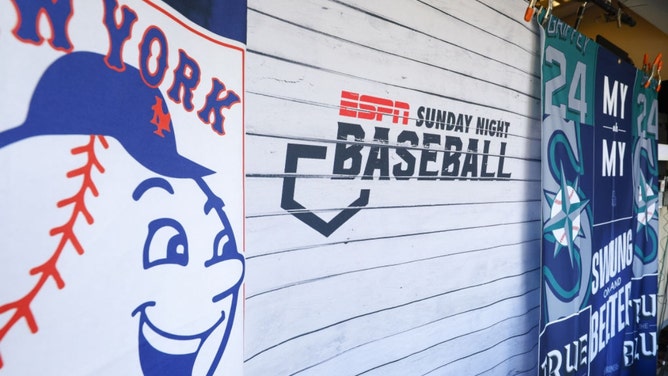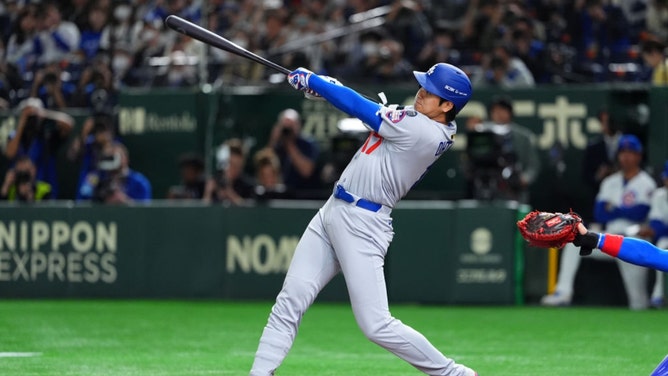ESPN Growing 'Optimistic' About Retaining MLB
When ESPN opted out of the final three years of its broadcast agreement with Major League Baseball, the expectation was that the two sides would part ways at the end of the 2025 season. But that is not necessarily the case.
According to Sports Business Journal, there is a growing "optimism" within ESPN that a new deal could be reached – a belief that MLB commentators Karl Ravech and Ken Rosenthal also shared recently.
When ESPN informed MLB of its decision in February, we argued that both sides would be losers in a split.
ESPN will launch a direct-to-consumer streaming service this summer and would prefer to do so with the third most popular professional sports league in the country. And for MLB, no sports network offers a better sum of marketing, reach, viewership, and flexibility than ESPN (even if the network is not in as many homes as it was previously).
It's all a matter of economics.

The package ESPN is paying for – which includes 30 regular-season games, the Wild Card round, and the Home Run Derby - is not worth the $550 million annual fee it currently pays. No one in the industry disputes that. If they did, MLB would have found a new suitor for the package at that price.
Instead, MLB is shopping around the package in parts, with Fox, NBC, Amazon, and Netflix among the possible bidders. Ideally, the league would sell the regular-season games to one partner, the Home Run Derby to another, and the Wild Card round to a third.
The hope is that MLB could recoup that $550 million between the three deals.
The hardest sell will undoubtedly be the regular-season games, which ESPN currently brands as "Sunday Night Baseball." Commissioner Rob Manfred has greatly devalued the regular-season product by fragmenting the national schedule across several new streaming platforms, including Amazon, Apple, Peacock, and Roku.

(Photo by Masterpress/Getty Images)
At this point, MLB's charm is on the local level. MLB outdraws the NBA in viewership in most local markets across the country. However, the league lacks national cachet until the postseason – which, beyond the Wild Card round, Fox and TBS air exclusively.
There's an argument that the league could grow its national appeal by better promoting individual stars, but it doesn't.
Timing is another issue. MLB prefers to take all its inventory to the market at once. Well, the league's deals with Fox and TBS expire after the 2028 season. This means MLB likely put itself in a position to negotiate only a three-year deal for the current ESPN package. As the New York Times reports, short-term deals are "undesirable to platforms." Networks generally prefer deals of at least five years.
Put simply, MLB doesn't have nearly the leverage Manfred suggests. Thus, he may have to decide whether to take the largest offer or settle for less to keep MLB in as many homes as possible, which would likely require a compromise with ESPN.